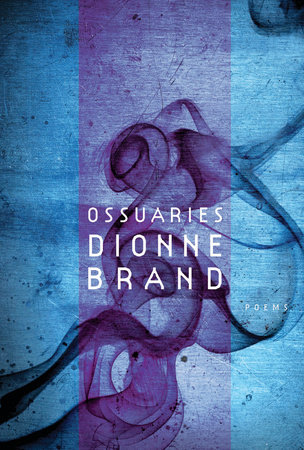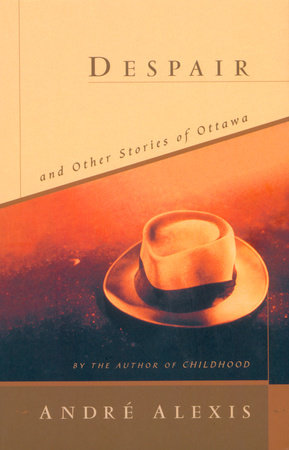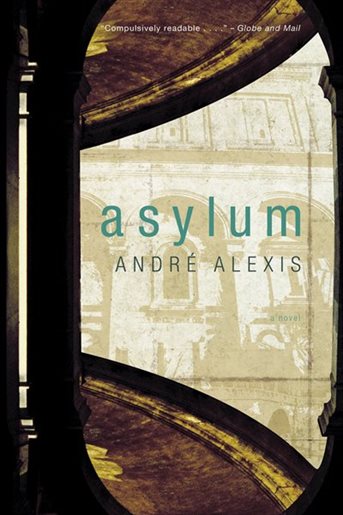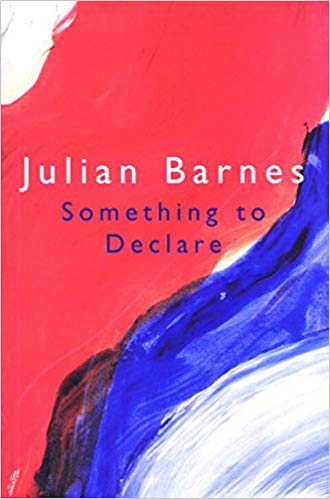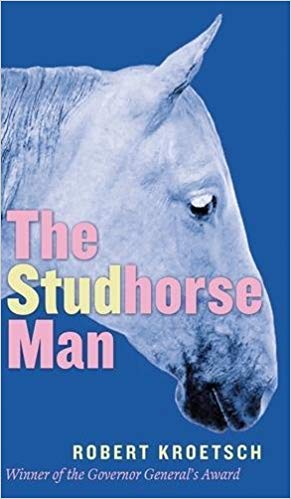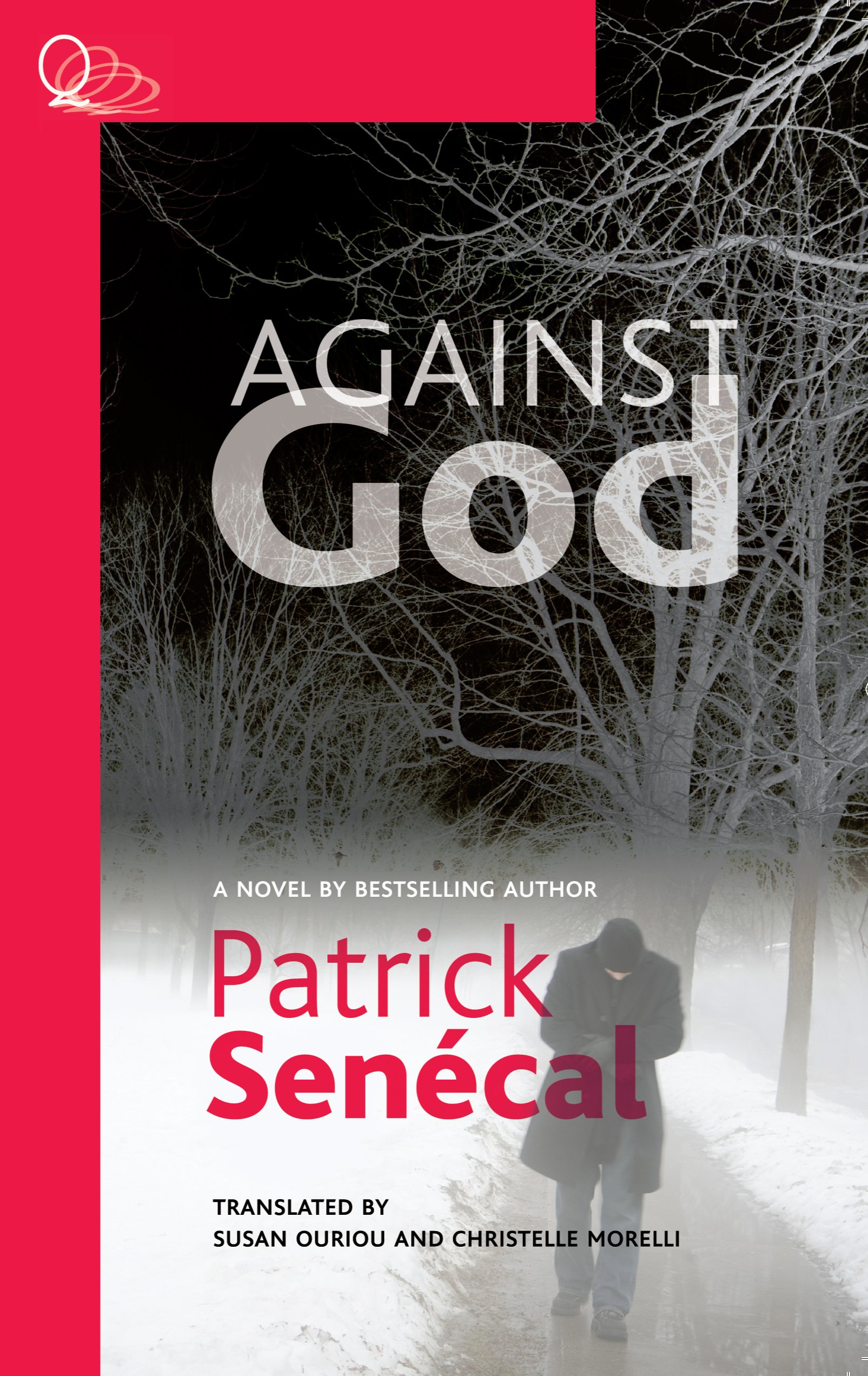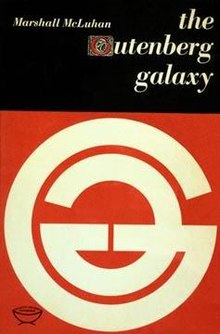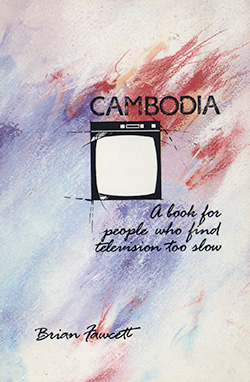This photo of my dog reminds me of Elton John. It also reminds me that it’s important to distinguish the functions of apostrophes.
Two Poems
1) mmmm you tell me to say the wordall your friends, theirs say the worddrumming fingers on your hipswaiting, waiting, waiting on my lips you want to play the lear with medemand that i profess it, dearlear? get real, early oni thought we’d gotten past the word sing to me the way you used to…
Actually, Madly, Deeply
While wandering through the purgatory that is suburbia, I noticed a sign for a contracting company with the name: Actual Plumbing Ltd. I neither endorse nor disapprove of the contractor, and I assume they don’t mind free advertising on my blog. I think it’s an interesting name. What makes plumbing actual plumbing?
Ossuaries, by Dionne Brand
Dionne Brand’s volume of poetry, Ossuaries, is my 22nd book of 2013 & the 3rd book of my February reading list to mark Black History Month. In light of recent reports that the remains of Richard III have been discovered beneath a Leicester car park, a reading of Ossuaries seems timely.
Despair and Other Stories of Ottawa, by André Alexis
On the other hand, we have Despair, etc., a collection of short stories that comes from a younger Alexis (1994) and has a very different feel. I’m reluctant to plug the stories into strict categories, but, for the sake of convenience: there are hints of magic realism, paranormal absurdity, satire, and a round skewering of suburbia. The stories are entertaining, unselfconscious and artfully written.
Asylum, by André Alexis
Asylum, by André Alexis, is a novel about conservatism. Not necessarily an ideological conservatism, but the soft conservatism associated with words like tradition, memory, story and history. Asylum opens with a cloistered narrator (what could be more conservative than a devout religious?) who has lived for fourteen years in a monastery near Florence.
The Body Artist, by Don DeLillo
I have no idea what The Body Artist is about. Instead, let me tell you about grocery shopping in my neighbourhood. One of the places I go to buy my food is the Loblaws in Maple Leaf Gardens, former home of the Toronto Maple Leafs where they won the Stanley Cup in 1967 (and never again).
Beautiful Machine, by PW Cooper
In his book, Cambodia, Brian Fawcett observes that “the continuous growth of authority and bureaucracy is a universal phenomenon of modern political life. But bureaucratic authority has a most unexpected twin: genocide.” PW Cooper’s novella, Beautiful Machine, offers a fictional rendering of this proposition.
Something To Declare, by Julian Barnes
Although Julian Barnes’ 2002 collection of essays is subtitled “Essays on France and French Culture”, it might have been better to call it “Essays on Gustave Flaubert with a few other interesting tidbits thrown in for good measure”. Read it, if you so desire, as a supplement to his novel, Flaubert’s Parrot, and as further confirmation of the obsessive kinship Barnes feels for the man who is arguably the first modernist writer.
The Studhorse Man, by Robert Kroetsch
The 15th book in my January Book Project is The Studhorse Man, by Robert Kroetsch late of Alberta. Published in 1969, it has taken me almost forty-four years to get around to it. Of course, I was only six at the time of its publication, so I can be forgiven for some of my delay. But not all of it. Really, I should have read this years ago.
Against God (Contre Dieu), by Patrick Senécal
Québécois author, Patrick Senécal”s 2010 novel, Contre Dieu, has been translated by Susan Ouriou and Christelle Morelli and published in English by Quattro Books as Against God (2012). It could be described as a novel about theodicy in the 21st century or The Book of Job on amphetamines.
The Gutenberg Galaxy
The Gutenberg Galaxy is remarkable as an academic work both because it has wormed its way into popular consciousness and because it has persisted there for half a century. The reason for its popularity is that Marshall McLuhan knew not only how to think about media, but also how to exploit them.
Too many ebooks … according to Alexander Pope
Do you ever worry there are too many ebooks? The internet has made publishing almost costless, which means that anybody with a thought in mind can plunk away at a keyboard and send it out to all the world. Not everybody is enthused by this state of affairs.
Cambodia
Marshall McLuhan summarizes his book, The Gutenberg Galaxy, with: “The theme of this book is not that there is anything good or bad about print but that unconsciousness of the effect of any force is a disaster, especially a force that we have made ourselves.” The paradox of this statement (or its Catch-22) is that a medium functions by carving off and emphasizing one sense over all the others and this has a hypnotic effect that makes it impossible for us to see the effect it produces.
Life Without, by Ken Klonsky
Like Against God, which I looked at in my previous post, Life Without is a novella from Toronto-based Quattro Press. The phrase “life without” is an abbreviation of “life without possibility of parole” which, in a state like New York, is the most severe sentence a person can receive.



